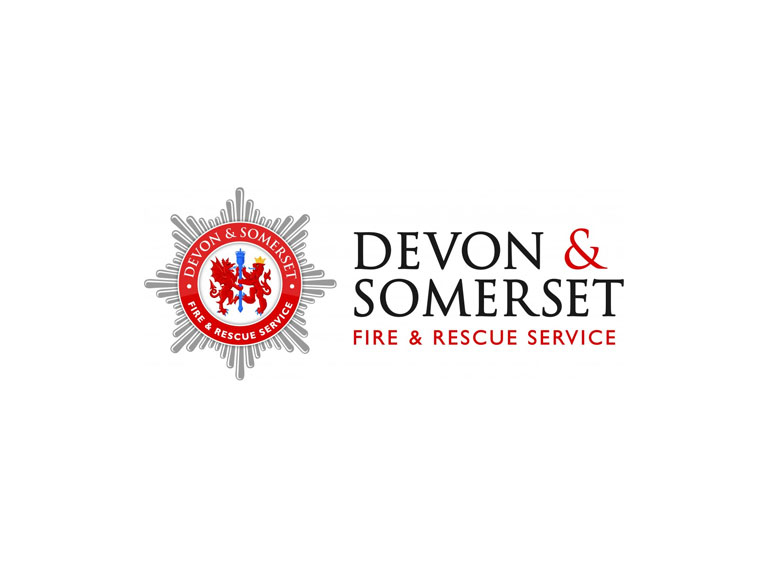
A recent survey showed that more than half of the few people who had tested their smoke alarm for someone else had done so for an older family member. But there are many other issues a carer must think about – from the extra time it takes for people with difficulty moving to escape a fire in the home, to the added risks of flammable equipment such as oxygen cylinders.
With over 6.5 million carers in the UK this adds up to a great many people with particular fire safety concerns.
Alan Coxon, Community Safety Prevention Manager said: “There is lots of help available for carers to make sure that you and your loved ones are protected – be it simple safety advice over the phone or on our website, where you can download our booklet for carers.
“The simplest thing any carer can do to prevent fire in their home is to make a few easy additions to their normal routine. Testing your loved one’s smoke alarm weekly and planning an escape route could help give them the vital extra seconds they need to get out in a fire. Simple steps such as closing doors at night and avoiding overloaded plug sockets will help reduce the risk in their home.
“A huge variety of specialist safety equipment is also available – vibrating smoke alarms for the hard of hearing, easy-reach smoke alarm testers for those with limited movement and linked alarm systems are just a few options to help you feel safer.”
If you take care of a loved one, Devon & Somerset Fire & Rescue Service advice could help make your – and their – jobs easier should the worst happen:
Some simple everyday checks can help prevent a household fire:
Specialist equipment is available:
Did you know you could contact the fire service and ask for a home safety visit?
You may not realise that there are simple subtle lifestyle changes that can be made in your home to make it safer and prevent a fire from happening in the first place
It is important to emphasise that our support is not just about smoke detectors. We can offer advice in a range of areas around the home and talk about the general environment as a whole. We also provide a range of products free of charge making your home an even safer place to live.
Our freephone number is 0800 73 22 822 or e-mail us at firekills@dsfire.gov.uk
To find out more about Cares Week Quest and get involved visit Carers.
For further information on fire safety please visit www.gov.uk/firekills
Hi, I am Dave, I run thebestof Exeter along with my colleagues. If you want to promote your business or event, get in touch with us on 01392 349 130.
The following Cookies are used on this site. Users who allow all the Cookies will enjoy the best experience and all functionality on the site will be available to you.
You can choose to disable any of the Cookies by un-ticking the box below but if you do so your experience with the Site is likely to be diminished.
In order to interact with this site.
To show content from Google Maps.
To show content from YouTube.
To show content from Vimeo.
To share content across multiple platforms.
To view and book events.
To show user avatars and twitter feeds.
To show content from TourMkr.
To interact with Facebook.
To show content from WalkInto.